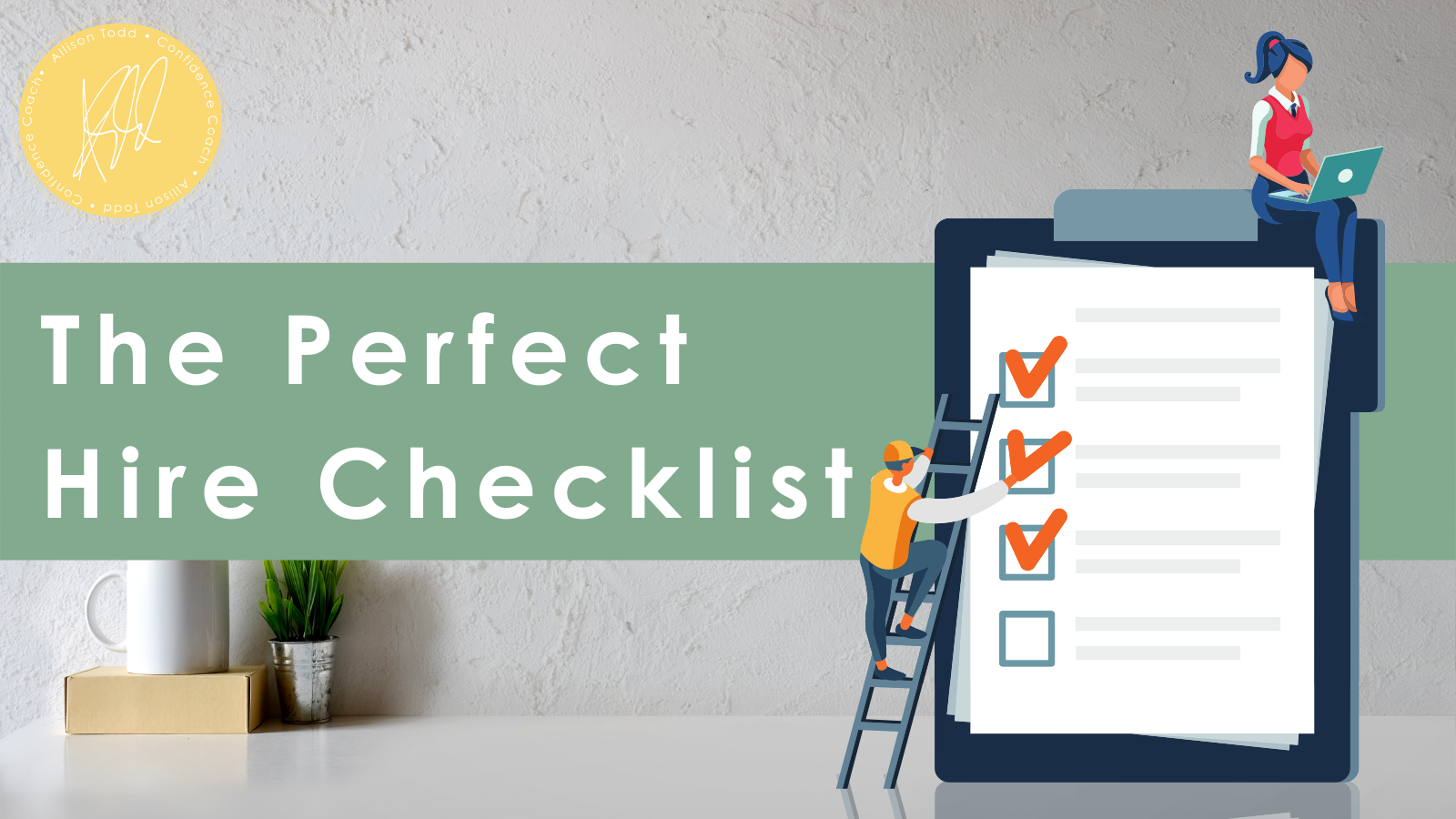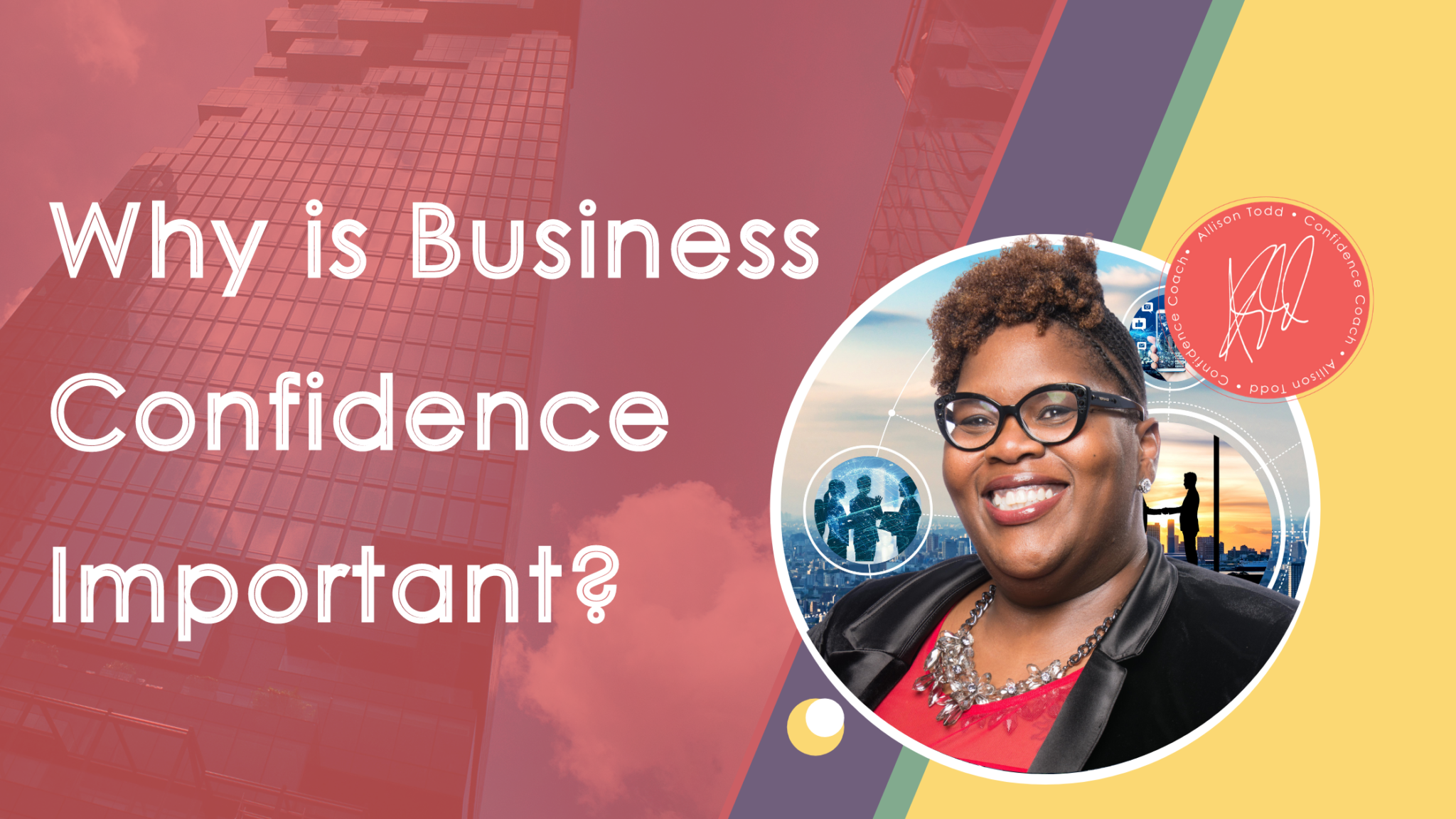After weeks or even months of searching for someone to fill your business’s open position, you finally did it: you found the perfect hire. Your company’s hiring managers deserve a sigh of relief–but the journey isn’t over yet.
Statistically speaking, 31% of new hires will quit a new job within the first 6 months simply because of a poor onboarding experience. In today’s market, your business can’t afford to NOT have an efficient, well-thought-out onboarding process that will ensure the security of your new hire.
Read on for Allison Todd’s perfect hire checklist.
What is a New Hire Checklist?
A new hire checklist is what the best companies employ to ensure their new hire’s first days, weeks, and months go smoothly. It’s a designated list of activities and tasks that an HR manager should complete before and after a new employee joins your company.
Following this checklist ensures a smooth merger between your business and the new hire, which will generally result in a long-term relationship between the two–barring any other complications.
These checklists are a wonderful, dynamic tool that helps every new employee settle into their new work environment–and they’re important for HR managers as well.
Companies are incredibly complex these days, and checklists ensure that nothing slips through the cracks–you don’t want your new employee wandering around the office on their first day, unsure of what to do or where the bathroom even is. Checklists also ensure that every member of your new hire’s team has had the same onboarding experience, this way everyone they’ll be working with is on the same page.
New Hire Checklist
Let’s be honest–hiring a new employee isn’t cheap, and it’s especially difficult if you’re a small business competing with larger corporations who have much deeper budgetary pockets. Between recruiting fees and advertising for candidates amongst all else, a company can’t afford to lose a new hire within the first few months.
Yes–some employees will leave because the company may just not be a good fit for them, but you can do your best to make sure that the atmosphere of your office is warm, welcoming, and ready for your new hire.
Some of these steps may differ depending on your company’s rules and regulations, but the general checklist should go as such
1. The first step is to submit a job requisition form to your HR department to make the hire official.
2. Then you should complete a background check and father other important documents from the employee, such as direct deposit forms, I-9 information, W-5 information and others.
3. Next, review the basic schedule and duties of their new role: this helps set expectations for both you and your new hire.
4. After your new hire reviews their role, the next step is to give them a tour of your facilities. This should include where the bathrooms are, the kitchen, their office, and other places that they’ll be using.
5. Introducing them to their new team members should follow.
6. The next step should be ensuring that their work station is completely set up for them, and they have all of the necessary tools for their role, including badges, office supplies and more.
7. Next begins the actual training process, this can take a couple days, weeks, or even months. Make sure to be clear about their duties and check in for feedback–making your new hire feel heard can help them feel welcome.
Takeaways
At the end of the day, a new hire may not stick around–that’s the job market these days. There’s opportunity behind every door, and candidates are lucky to have many choices to pick from. However, to keep your business’s competitive edge in the face of all these choices, employing a perfect hire checklist can instill confidence in any new employee that your business is right for them.




